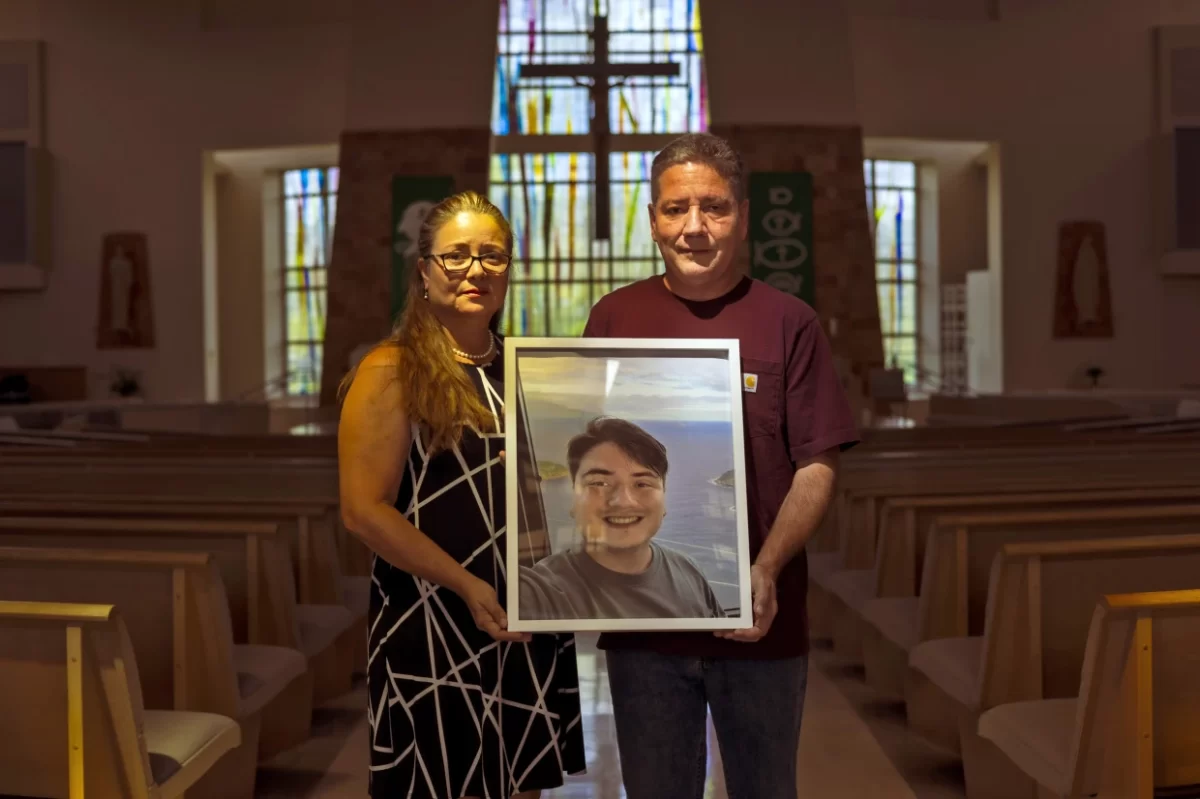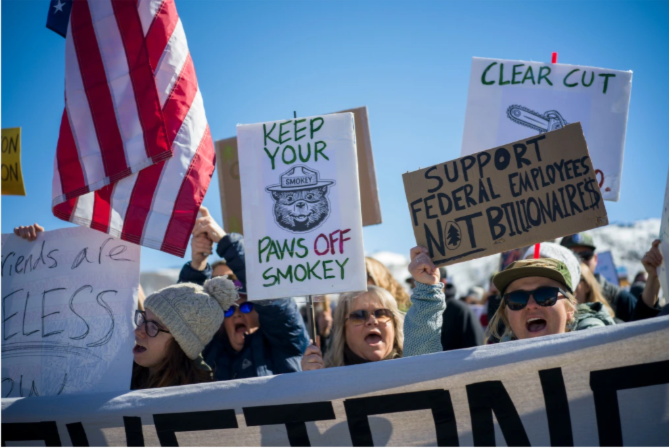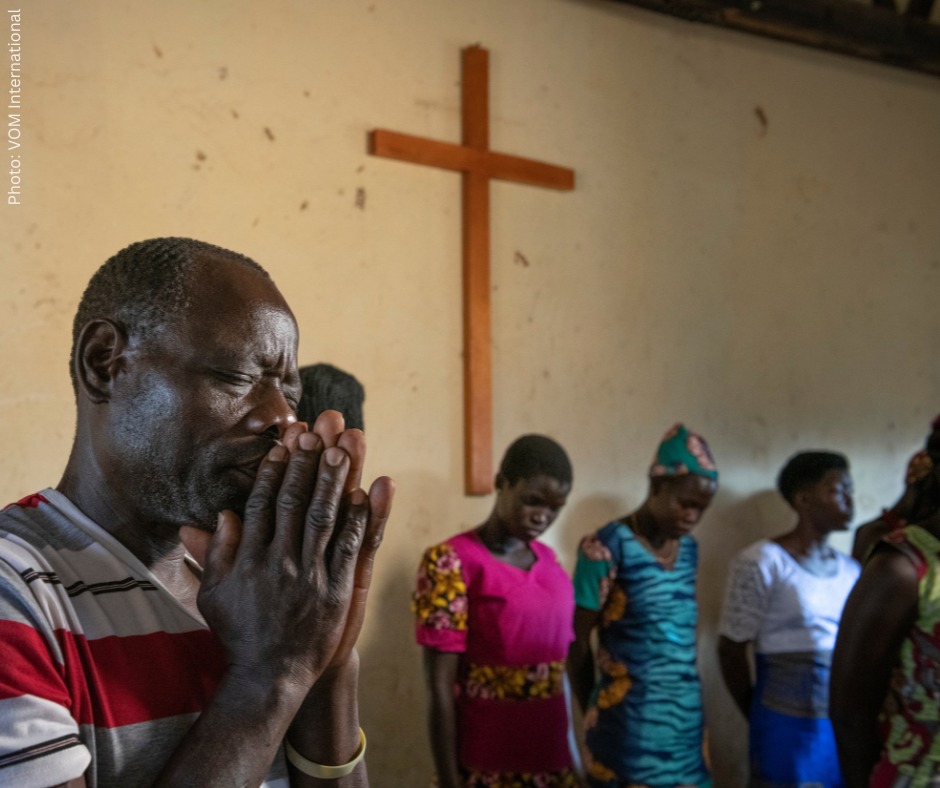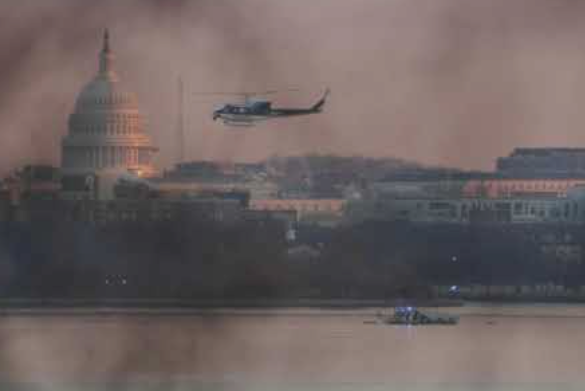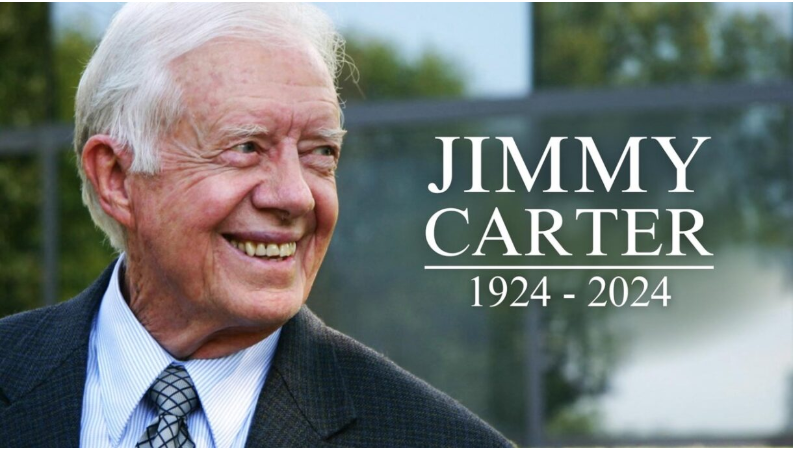Fall break, Thanksgiving family reunion, weekend getaway, business trip: people across the world jump at the chance to travel, and rental companies meet eager tourists halfway, providing temporary housing for their vacation needs. Airbnb, a popular temporary rental company, was created in 2007 and has welcomed more than 1.5 billion guests since. But as the company relished in years of growth and success, a silent killer was making its way past the public eye unnoticed. Carbon monoxide is a colorless and odorless gas, proving fatal at high exposure levels, and Airbnb’s failure to administer a mandate for detectors in rental homes has caused 19 deaths over the last 10 years.
Late 2013, a Canadian staying in an Airbnb in Taiwan became one of the company’s first reported deaths due to carbon monoxide poisoning. In February 2014, a few months after the report, Airbnb issued a statement that they would start requiring hosts to confirm that carbon monoxide detectors were installed before the next year. Now, as the final month in 2023 begins, an official mandate is still missing, with 19 lives lost since 2013 as a result.
“It is important for people to know about this safety hazard due to the effects it can have on your health. People deserve to know what exactly they are getting when they rent an Airbnb, and if it is not a safe place to stay, they need to know that. A mandate needs to be put into action,” Dimitri Angelakos, senior, said.
On Oct. 5, 2022, Sebastian Mejia was found dead in the shower at a Rio de Janeiro Airbnb because there was nothing to warn him that carbon monoxide had been leaking from his water heater. A simple detector installation could have saved his life, leading his family to sue the company in June 2023, hoping their lawsuit would inspire a policy change. They are not alone in this hope, as six lawsuits against Airbnb have been identified, three of which are ongoing. Many lawyers and families that have sued have criticized Airbnb’s attempts to push their dispute into private arbitration, a process where a third party makes a decision after hearing arguments, also known to favor businesses.
“In court, Martinez [Sebastian’s mother] is seeking damages exceeding $25,000, according to the complaint, and a legal injunction that would force Airbnb to remove listings without carbon monoxide detectors and mandate the use of detectors along with the inspection of fuel-burning devices,” an NBC News article said.
Airbnb has made statements for seven cases, accounting for 17 deaths. Some of these statements said the company would pay for costs associated with the death, others were condolences, but none addressed carbon monoxide’s role in the lives lost. Family members and representatives for those who fell victim to the irresponsibility have expressed feelings that Airbnb is not doing enough to adequately address the situation. Even though many of the deaths occurred outside the United States, where carbon monoxide regulations are varied and lacking, families urge this as an additional incentive for Airbnb to issue their own mandates to lessen fatalities.
“It is important people know about this safety hazard occurring because it may make them think twice about renting an Airbnb,” Lilly Riggins, sophomore, said.
Simple encouraging words and recommendations are not enough to ensure that detection systems have been installed widespread in Airbnb’s rentals. People expect a safety standard when they rent from Airbnb, and mandating detection devices should not be the reason for the company to fall short.

